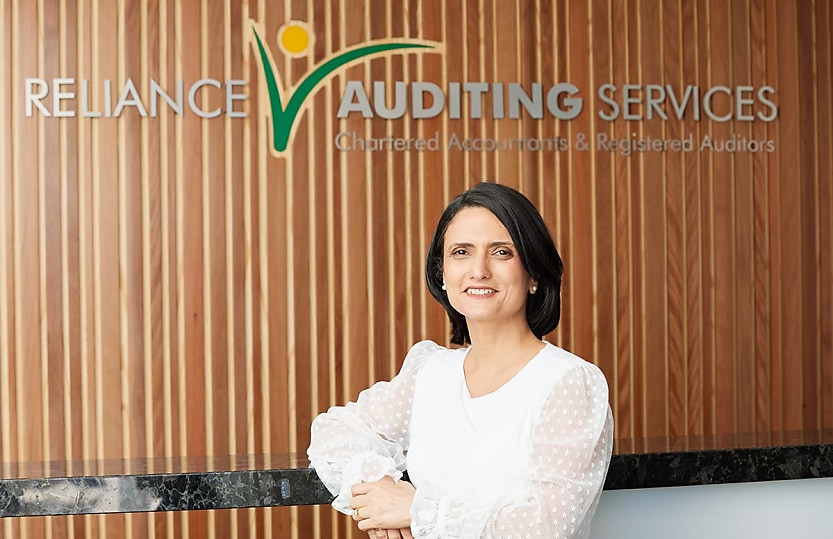Div 296 super tax is an ill-conceived overreach that punishes success

As someone who has spent decades helping Australians navigate the complexities of superannuation and wealth building, I find the recent praise of Division 296 — particularly the endorsement of taxing unrealised gains — both alarming and deeply misguided, writes Nazneen Randeria.
Dr. Natalie Peng’s commentary, while academically sound, underplays the practical harm this policy will cause. Let me be clear: Division 296 sets a dangerous precedent, and it fundamentally misunderstands what superannuation is — and what it is not.
Super is not a piggy bank for Treasury
The idea that superannuation is somehow being abused by the wealthy — that it’s a tax haven that needs reigning in — is an oversimplified narrative. Yes, super comes with tax concessions. But these were not designed as a gift. They were an incentive. A promise. A contract between individuals and government: lock your money away for decades, and in return, we’ll give you a stable, tax-effective environment to grow your retirement savings.
Now, with Division 296, the rules are being changed mid-game — and not in a small way. Taxing unrealised gains breaks the fundamental principle of fair taxation: you pay tax on income or capital gains you’ve actually received. Anything else is not just unprecedented — it’s unjust.
A tax based on fantasy numbers
Dr. Peng mentions that only a "minority" of SMSF members will struggle with liquidity under this policy. But let’s call that what it is: academic minimisation. That “minority” still represents thousands of Australians who followed the rules, planned responsibly, and now face the possibility of being taxed on paper profits they may never realise.
In the real world — not the modelling rooms of Treasury — property markets fluctuate, share prices drop, and assets are illiquid. Forcing retirees to sell property, unwind long-term investments, or scramble for external cash just to pay a theoretical tax bill is more than inefficient — it’s reckless.
Equity? Or envy?
The government frames this as a fairness issue. But fairness is not about punishing people because they’ve done well. It’s not about shifting the goalposts because you’re chasing short-term budget wins. Division 296 is not about fairness — it’s about revenue. Let’s not pretend otherwise.
The “equity” argument collapses when you consider that wealthy retirees already pay 15% tax on their accumulation accounts, and the estate pays capital gains tax when those assets are eventually sold. To say that super can be used to “defer tax indefinitely” is misleading — and frankly, disingenuous.
Administrative simplicity? At what cost?
Another point raised is administrative simplicity — that it’s easier to tax unrealised gains than to track when assets are sold. Yes, it’s easier. But so is taking people’s money upfront rather than waiting for them to earn it. Simplicity should never trump justice.
Requiring annual revaluations of unlisted and illiquid assets isn’t simple. It’s complex, costly, and subject to manipulation. It will create inconsistencies, increase disputes, and force super funds — especially SMSFs — to divert resources away from investing and toward compliance.
The true purpose of super
Let’s not forget: many SMSF trustees do not see super simply as a “retirement income stream.” They see it — rightly — as an intergenerational wealth structure. Why? Because retirement is not just about the day you stop working. It’s about financial security, family support, and yes, legacy. Are we really saying that the moment someone accumulates more than an arbitrary threshold — $3 million — their financial planning becomes morally suspect?
Dr. Peng argues that super should not become a “tax-free inheritance vehicle.” But super is not tax-free. And inheritance is not a dirty word. Australia has no inheritance tax — do we now intend to backdoor one through super policy?
The slippery slope has already begun
Make no mistake: once you open the door to taxing unrealised gains — even for a small group — it will not stop there. Division 296 is the beginning of a broader shift toward pre-emptive taxation. If this precedent takes hold, who’s next? Property investors? Business owners? Everyday Australians with volatile assets?
I do not deny that reforms are needed in superannuation — transparency, caps, and reasonable limits are all part of a fair system. But taxing fantasy gains is not reform. It’s desperation disguised as progress.
Division 296 is not about fixing the super system. It’s about breaking the rules of tax fairness to plug budget holes. We should be very clear-eyed about that — and resist it with everything we’ve got.
Nazneen Randeria is a registered SMSF auditor, and the managing director of Reliance Auditing Services.
